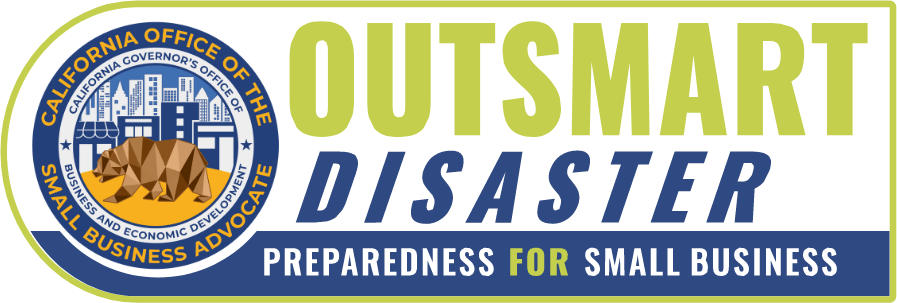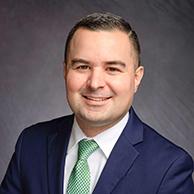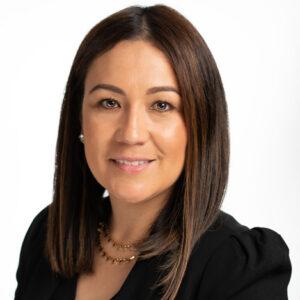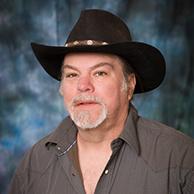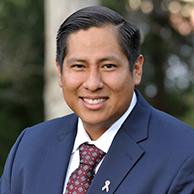How to Get a Patent, Trademark or Copyright

Patents

Trademarks & Copyrights
For many businesses, intellectual property is a key asset and, as such, must be protected. Getting a patent, trademark or copyright upfront is much less work than trying to battle an infringement down the line.
Start by doing your homework on the basics so you ask the right question and evaluate if you need specialized legal advice.
The United States Patent and Trademark Office (USPTO) is the federal agency entrusted with registering all patents and trademarks in the U.S. Most states host a satellite office called a Patent and Trademark Depository Library; California hosts six such offices.
These offices provide access to USPTO electronic and print patent and trademark resources, all of which are available at no cost. Library staff can assist with general questions and provide instruction in the use of patent and trademark resources but cannot perform patent or trademark searches or give legal advice.
The U.S. Copyright Office at the Library of Congress registers copyrights.
Patents
A patent protects technical inventions, such as chemical compositions like pharmaceutical drugs, mechanical processes like complex machinery, or new and unique machine designs. Owning a patent means safeguarding your idea against others who might intentionally or inadvertently copy, make or sell the same invention without your consent. An example might be: a new kind of engine.
To be recognized, the patent will have to represent a very specific and technical expression of your invention. You may need specialized legal advice depending on the complexity of your situation or invention. If so, you’ll have to find a registered patent attorney or agent.
More Resources on Patents from the USPTO:
- General Information Concerning Patents
- Multi-Step U.S. Patent Search Strategy
- Manual of Patent Examining Procedure (MPEP)
Other Resources:
- Search Foreign Patents European Patent Office
Trademarks & Copyrights
A trademark is a word, phrase, design, or a combination of these that identifies your goods or services, distinguishes them from the goods or services of others, and indicates the source of your goods or services. Registering your trademark helps you prevent others from using a similar brand for selling related goods or services. An example might be: the Coca Cola brand.
You must provide and keep current your domicile address in trademark filings. If you’re domiciled in the United States, you’re only required to have an attorney if you are a foreign-domiciled applicant.
Note: trademark approval wait times can last weeks or months. You can check the current wait time on the USPTO website.
Resources on Trademarks from the USPTO:
- General Information Concerning Trademarks
- Trademark Basics
- Search the U.S. trademark database
- Hiring a U.S.-licensed Attorney
A copyright protects artistic, literary, or intellectually created works, such as novels, music, movies, software code, photographs, and paintings that are original and exist in a tangible medium, such as paper, canvas, film, or digital format. An example might be: song lyrics.
Resources on Copyrights from the U.S. Copyright Office:
Have more questions?
Talk to a trusted business advisor through our network of Small Business Support centers. Consulting services are no-cost to you.
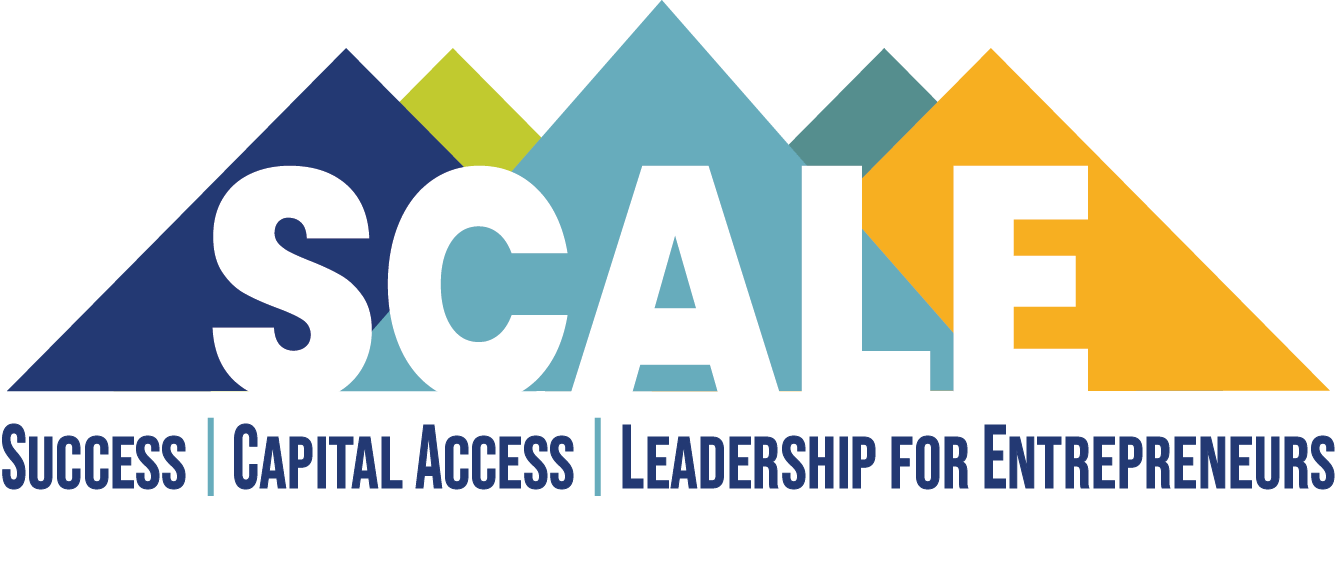
California Office of the Small Business Advocate
1325 J Street, Suite 1800
Sacramento, CA 95814
Contact CalOSBA
Speaker Request Form
Stay informed. Subscribe:
CalOSBA Newsletter
State Funding Programs
CA Grants Portal


